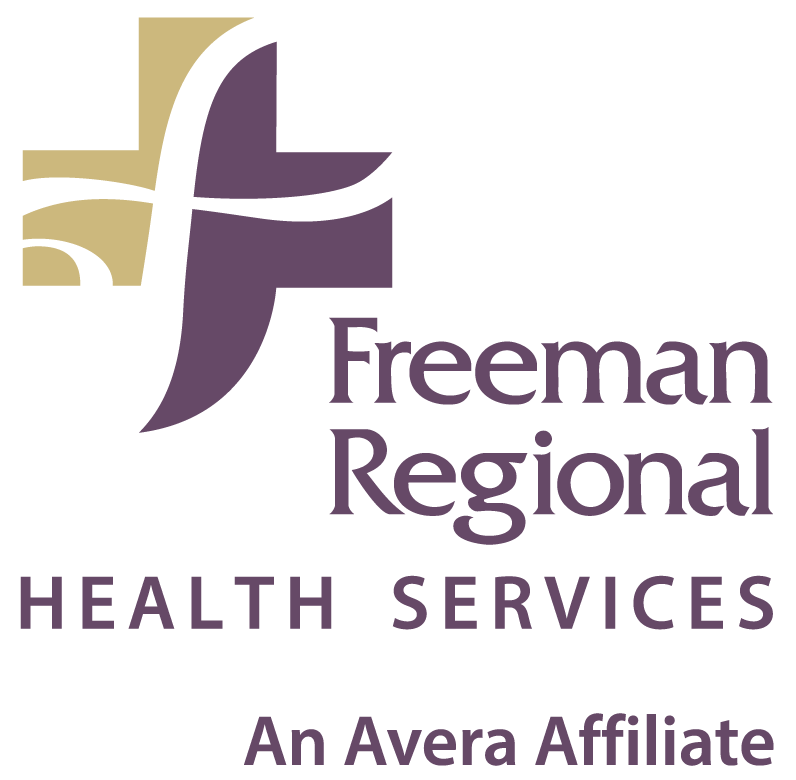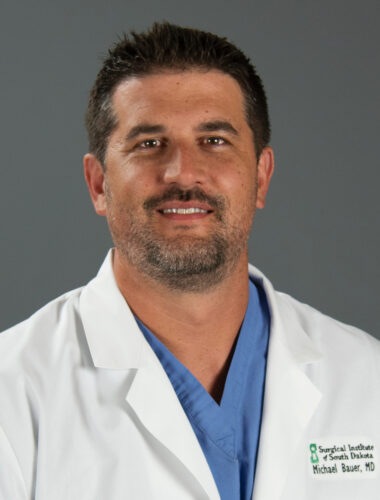Surgery Options Available in Freeman
When considering a colonoscopy, endoscopy or general surgery, for you or a member of your family, you expect the best medical care possible. At Freeman Medical Center, our team is made up of experienced surgeons supported by excellent nurses. Their top priority is patient safety, comfort and well-being. These services at Freeman Medical Center, give you access to advanced screenings and procedures in a convenient setting, close to home.
Procedures performed at Freeman Regional include Colonoscopies, Upper GI Endoscopy and Minimally Invasive General Surgery Procedures
Colonoscopies
Colon or colorectal cancer is the second-leading cause of cancer deaths, but it is also one of the most treatable cancers if detected early. A colonoscopy is the most important screening and diagnostic tool available. This screening helps physicians see and remove precancerous polyps, look for suspicious lesions and obtain a biopsy if needed – all in one procedure.
- When to get a colonoscopy: Once every 10 years, after turning 45, unless your doctor determines that a more frequent timeline is needed.
- How to get more information: To learn more about risk factors, signs & symptoms, and to find treatment options for cancer, visit Avera.org by clicking here.
Upper GI Endoscopy
- What is a GI Endoscopy: Upper gastrointestinal (GI) endoscopy is a procedure in which a doctor uses an endoscope—a flexible tube with a camera—to see the lining, or inside surface, of your upper GI tract.
- Why would I need this procedure: This procedure helps diagnose the conditions that effect the esophagus, stomach and beginning of the small intestine. Some symptoms, that may lead to a GI Endoscopy could be: pain, discomfort or other symptoms in the upper abdomen, chest or esophagus such as heartburn, nausea, vomiting or trouble swallowing.
Below are some statistics on colorectal cancer. Learn more at cancer.org.
Each March is Colon Cancer Awarness Month – hear more from our surgery team in this video.

We want you to feel comfortable and prepared for your procedure, so we’ve complied some frequently asked questions. If you have further question, please reach out to our surgical coordinator, Anissa Weier, at 605-925-4000.
How long will surgery take?
Including arrival, the procedure and recovery, you can expect to be at Freeman Regional for 3-4 hours.
Procedure times vary by the type of procedure and care needed while in the operating room, but below are general timeframes for our most common procedures.
- Colonoscopy: 30-45 minutes
- EGD: 10-15 minutes
Are these procedures covered by insurance?
With so many different insurance plans, it is important that you contact your particular insurance to very coverage.
If your insurance company has questions, have them call 605-925-4000 and ask for Anissa Weier.
What happens after the procedure?
Following your time in recovery, you will be sent home. You will not be able to walk or drive home, so bring a friend or family member that can listen to what the doctor has to say after the procedure, and get you home safely. You should not plan to go to work, operate machinery, or drive a car for the remainder of the day.
How should I prepare before the procedure?
You will be contact by our surgical coordinator with instructions, which will also be mailed to you. Depending on your procedure, preparations will vary.
Colonoscopy
A clean colon is essential to allow for a careful examination for polyps or other abnormalities. Your doctor can discuss and prescribe the most appropriate preparation method for you. Below are links to three prep options for this procedure.
Upper GI Endoscopy
This information is important to ensure your stomach is empty for the procedure.
-
- 5 days prior to the procedure, stop taking blood thinners like Aspirin, Excedrin, Plavix, Pradaxa, Xarelto, Aggrenox, Eliquis, and Coumadin (Warfarin). This also applies to Motrin (Ibuprofen) and Aleve.
- No eating or drinking after midnight (including water) prior to your procedure.
- The morning of your procedure, do not take any diabetic medications or blood thinners.
Will I be awake during the surgery?
You will be sedated for these procedures, sometimes known as “twilight sedation” in which you are very drowsy, but comfortable and still breathing on your own. The sedation also has a mild amnesiac effect, so most patients do not even remember the procedure.


